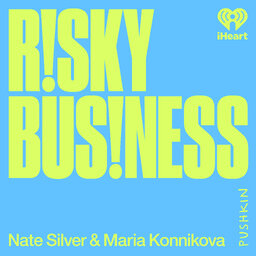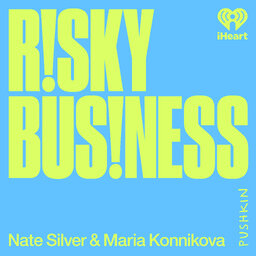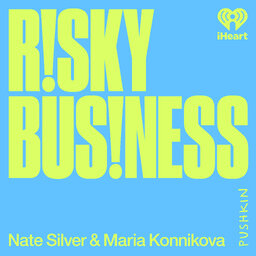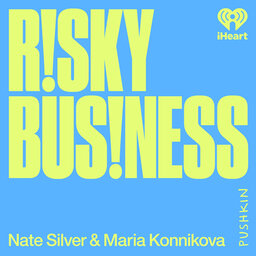Early in the COVID pandemic, the US closed schools and sent kids home. And then, the schools stayed closed—even as they began to reopen in other parts of the world. Experts and officials claimed that these measures sprang from “an abundance of caution.” But what was the evidence on the necessity of keeping kids home? And, looking back, did the benefits of prolonged school closures outweigh the costs?
This week, Nate interviews author and journalist David Zweig about his book examining COVID policies and school closure decisions during the pandemic. They get into why we tend to find cost-benefit analysis so difficult, how political polarization shaped decision-making during the pandemic, and how the COVID models failed.
Further Reading:
David Zweig’s book is An Abundance of Caution: American Schools, the Virus, and a Story of Bad Decisions
For more from Nate and Maria, subscribe to their newsletters:
The Leap from Maria Konnikova
Silver Bulletin from Nate Silver
In 1 playlist(s)
Risky Business with Nate Silver and Maria Konnikova
Risky Business is a weekly podcast about making better decisions. The hosts, Maria Konnikova and Nat…Social links
Follow podcast
Recent clips

Nate and Maria’s 2026 Predictions
37:18

Best of Risky Business: Life After Poker (with Vanessa Selbst)
42:44

Why Are Some Countries Happier Than Others?
39:18
 Risky Business with Nate Silver and Maria Konnikova
Risky Business with Nate Silver and Maria Konnikova